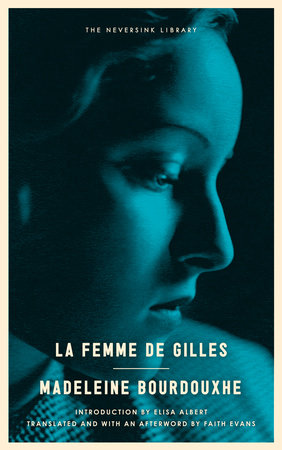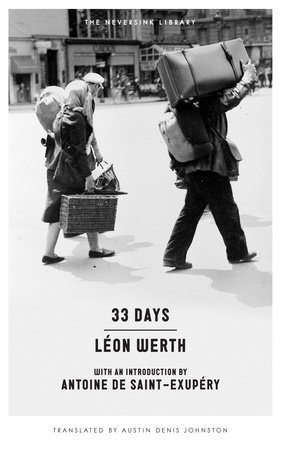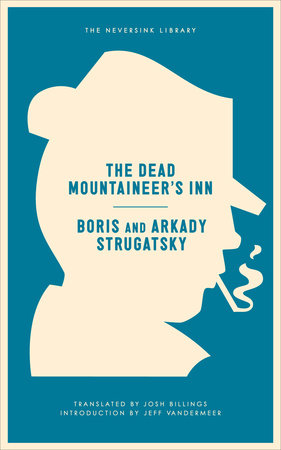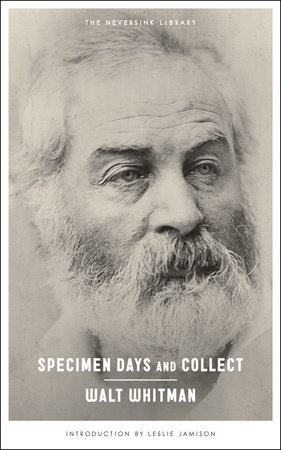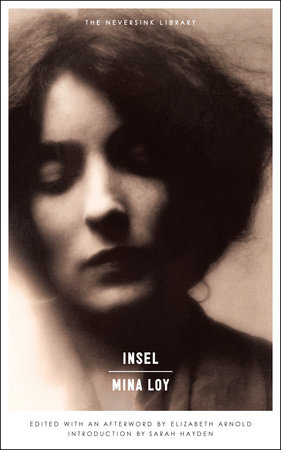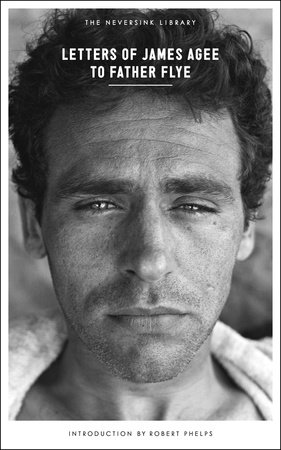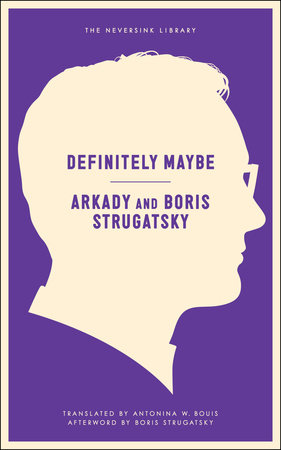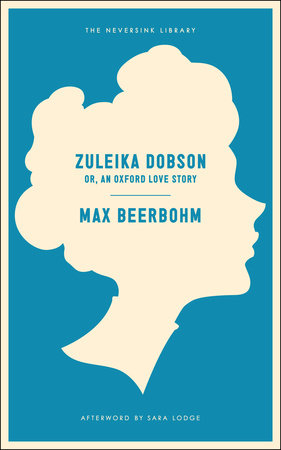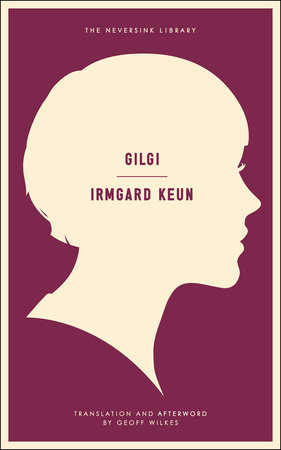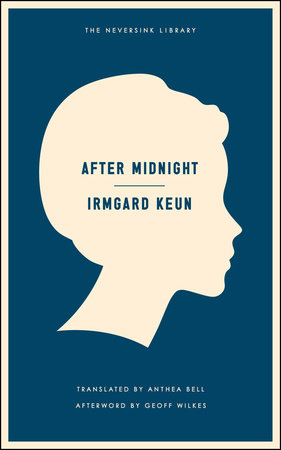
After Midnight
Irmgard Keun
Ebook
May 24, 2011 | ISBN 9781935554714
AmazonApple BooksBarnes & NobleBooks A MillionGoogle Play StoreKobo
About the Book
In 1937, German author Irmgard Keun had only recently fled Nazi Germany with her lover Joseph Roth when she wrote this slim, exquisite, and devastating book. It captures the unbearable tension, contradictions, and hysteria of pre-war Germany like no other novel. Yet even as it exposes human folly, the book exudes a hopeful humanism. It is full of humor and light, even as it describes the first moments of a nightmare. After Midnight is a masterpiece that deserves to be read and remembered anew.


